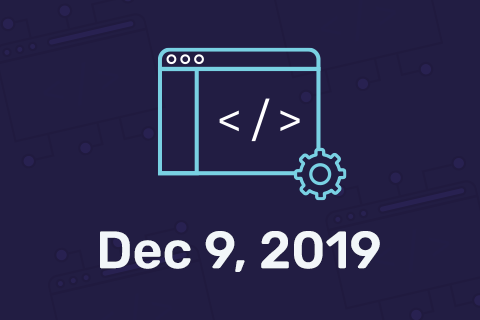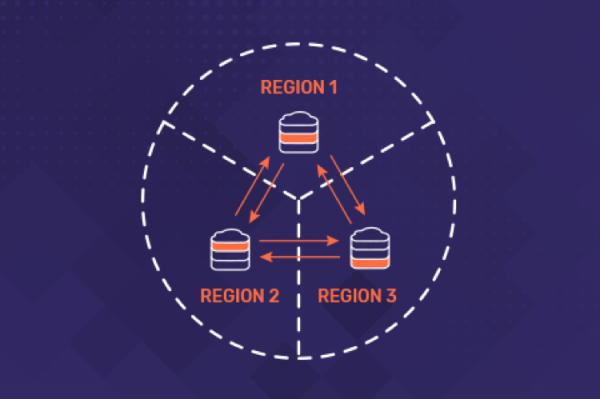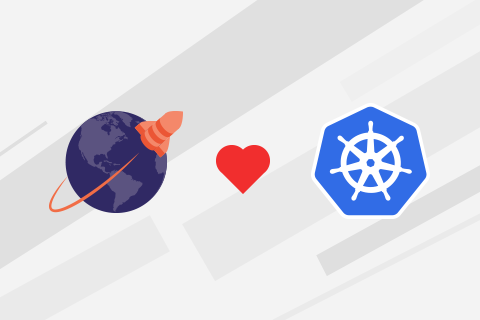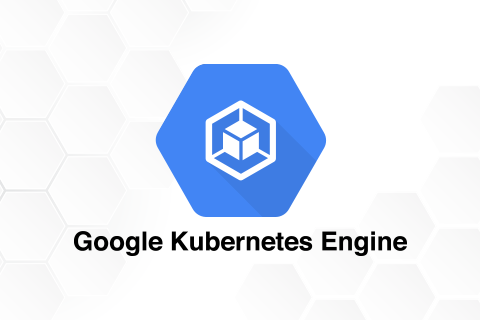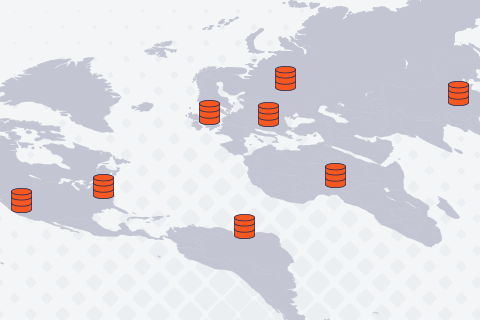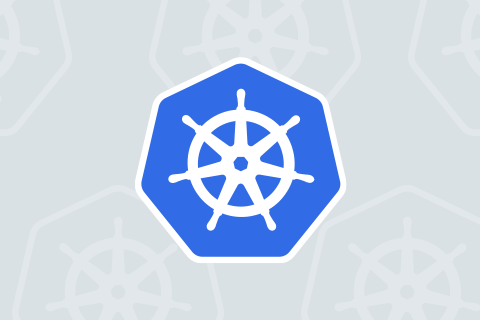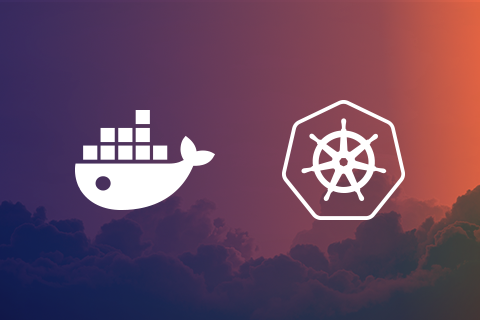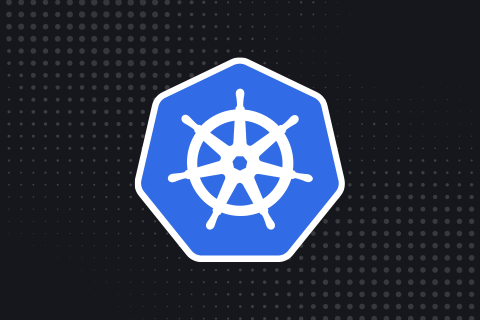Getting Started with DbSchema on a Distributed SQL Database
If you’re a database developer, you know the time saving value of being able to visually design, document and query SQL and NoSQL databases from a single UI. DbSchema is a well-rounded, visual database tool that supports over 40 databases from a single interface. Because YugabyteDB is PostgreSQL compatible, getting DBSchema to work with a distributed SQL database is relatively simple.
What’s YugabyteDB? It is an open source, high-performance distributed SQL database built on a scalable and fault-tolerant design inspired by Google Spanner.
…


